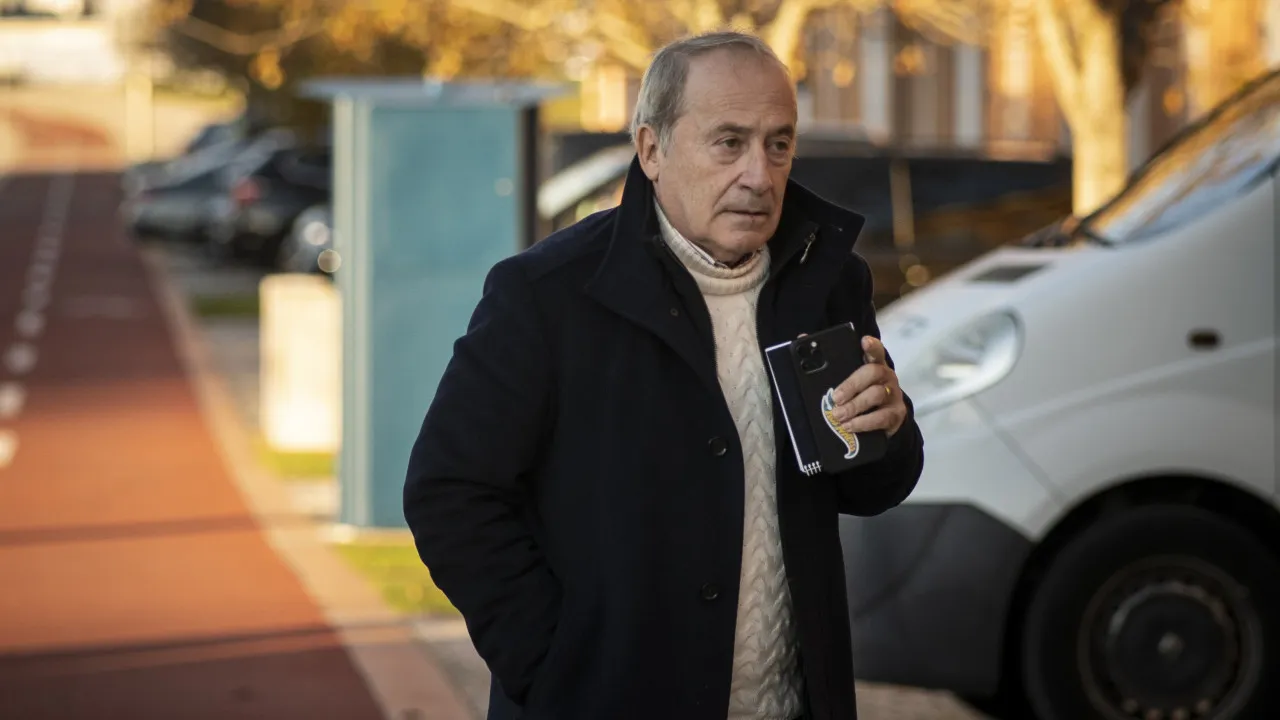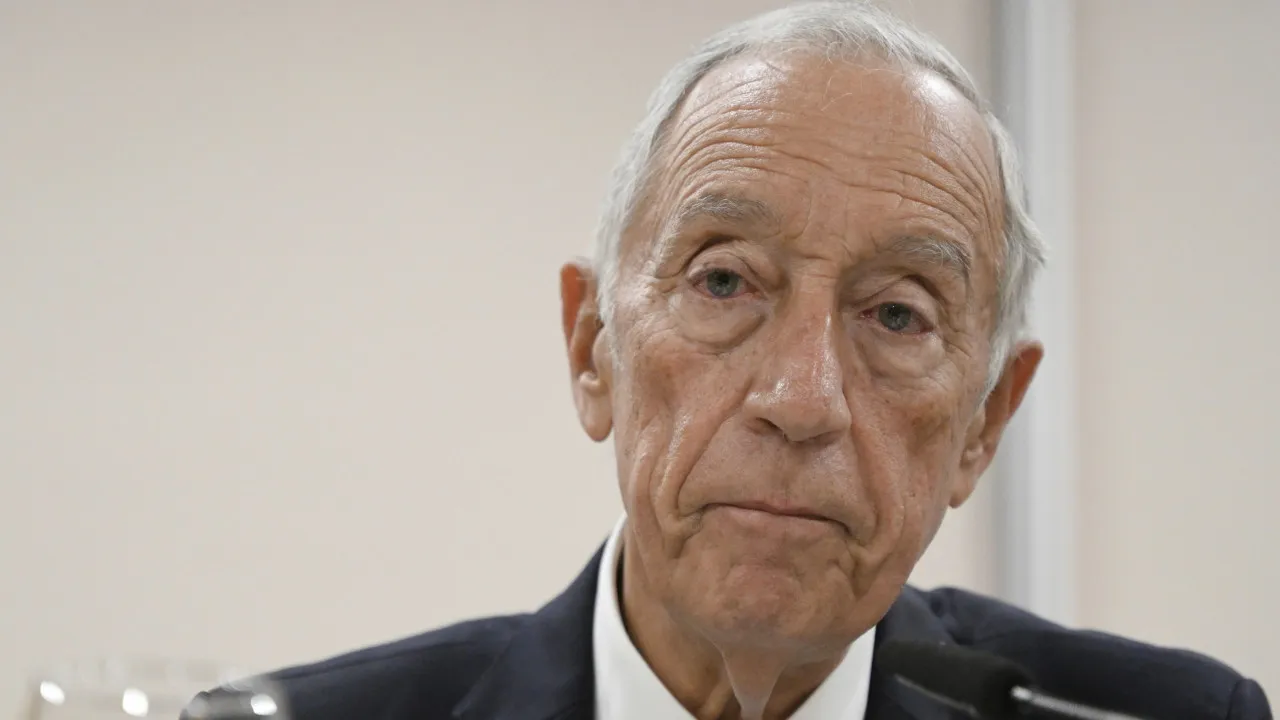
“We are committed to building 4,000 affordable and controlled rental homes during this term, with 40% of them in the inner and southern regions of Gaia, thus combating depopulation in these parishes,” stated Luís Filipe Menezes today during the presentation of his candidacy at a hotel near the Cais de Gaia.
The former Gaia mayor (1997-2013) emphasized that if re-elected, Gaia will “seriously focus on housing” and “invest the entire amount provided by the Government for Vila Nova de Gaia, which is 180 million euros.”
“And we will go to the Minister of Infrastructure’s office to ask for a little more because we deserve it. We are the third city in the country,” he stressed.
The candidate supported by PSD, CDS-PP, and IL also promised to “focus on youth and young couples,” with the creation of “600 scholarships for higher education students” starting in 2026, similar to the model in Oeiras, and the construction of “modern university residential campuses” in the city center.
Regarding mobility, Menezes promised to “categorically reject the current failed and unacceptable model that frustrates Gaia’s residents,” referring to the Unir bus network, stating he would “study a viable alternative, which could be the creation of a mixed-capital company, municipal with partnership with private operators,” contesting “the current situation where thousands of Gaia residents lack road transportation.”
The former PSD president also mentioned that, in the first week of his term, he would restore free car access to the lower deck of Luis I Bridge (currently restricted to nighttime hours) in coordination with Porto and that he would implement two car lanes throughout Avenida da República.
While promising to return space to cars in the city, he suggested the implementation of the 15-minute city concept, as done by socialist Anne Hidalgo in Paris, a concept based precisely on car restrictions, privileging pedestrian traffic and soft modes (which already surpass cars in the center of Paris) and proximity to commerce and services.
“A city that can provide, within 10/15 minutes for each citizen, everything needed for quality of life: sports, health, culture, commerce, services,” he illustrated, launching an experimental project in the historic center and another in one of the inner parishes.
At the beginning of his speech, he also recalled the project of several crossings over the Douro launched when he was still president, defending its “rationality” and promising to revisit it with his potential Porto counterpart.
In the field of culture, he promised to hold the Marés Vivas festival in the interior of the municipality and to “gradually develop” the creation of a symphony orchestra.
Regarding transparency, he stated he would restore digital access to urban planning processes in the municipality, suggested online broadcasting of Municipal Assembly sessions, and conduct “external audits by credible entities to municipal services and municipal companies on a regular basis.”
“Nobody votes on past achievements,” he said at the beginning of his speech to a full auditorium, which, in his view, proved that candidacy “was not madness,” and concluded by stating that the three months until the elections “will be tough.”
The known candidates for the Gaia City Hall include João Paulo Correia for PS, André Araújo for CDU, Luís Filipe Menezes for PSD/CDS-PP/IL, and Daniel Gaio for Volt.
The municipal executive consists of 11 seats, with PS holding nine and PSD two.
The local elections are set for October 12.




